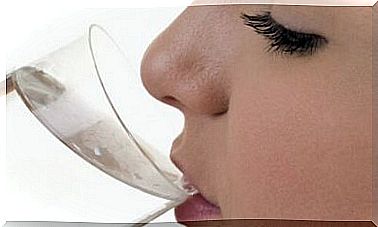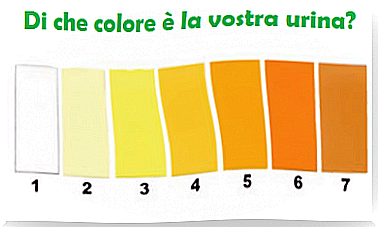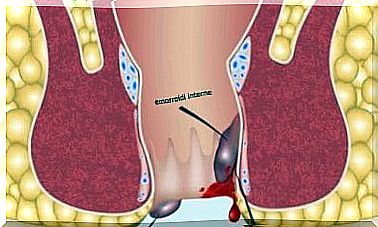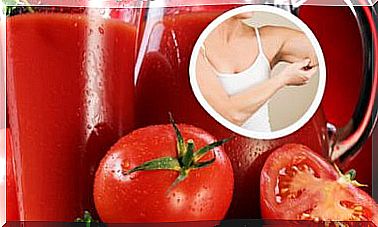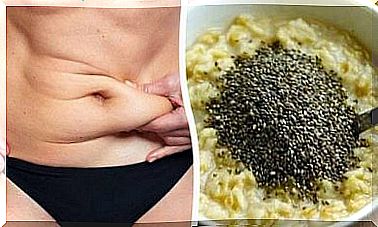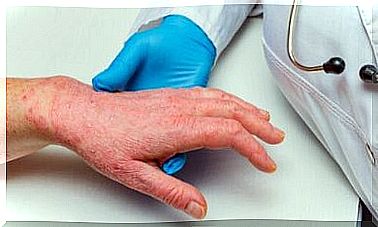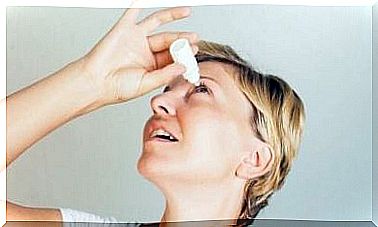5 Benefits Of Ginger Water

Today we want to tell you about the amazing benefits of ginger water. The ginger plant belongs to the zingiberaceae family, of which it is customary to benefit from the rhizome.
- The rhizome is the underground stem from which the roots come out.
- In botany it is known as Zingiber officinale, which means “horn-shaped”.
- It is known for its intense aroma and slightly spicy flavor.
Many years ago, ginger was a virtually impossible plant to obtain. Nowadays, however, it is one of the most used to prepare recipes or natural remedies of all kinds.
It is known thanks to traditional Chinese medicine and, currently, it can be found in any supermarket or in any common fruit and vegetable market.
Among its multiple benefits, ginger is also able to stimulate the functions of the pancreas and digestive system.
It is great for treating respiratory diseases, such as coughs and flu in general, or as a pain reliever.
At the same time, it can fight various diseases thanks to its intake of very large quantities of vitamins C, B6 and minerals such as potassium. In addition, it has great antioxidant properties.
How can ginger be used?
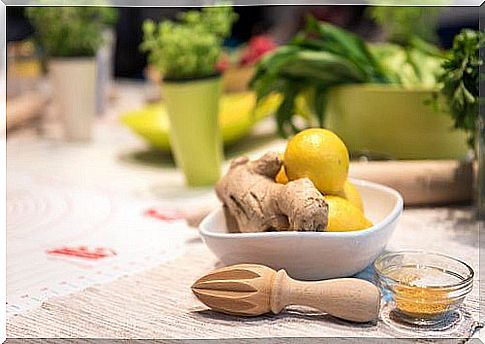
Ginger can be used in various recipes, such as in salads, sauces, etc. It can also be added to juices, herbal teas, sweets and natural syrups.
Furthermore, it can also be used in the preparation of many cosmetic products as a main ingredient. For example, in shampoos, oils or body creams in order to avoid or reduce the imperfections of cellulite.
The only contraindication of using ginger concerns the increase in body temperature. We therefore advise against:
- People who have a fever
- Pregnant women
- Children
- People who suffer from high blood pressure and who treat it with aspirin (as it enhances its effects).
How to make ginger water
Ingredients
- 4 cups of water (1 liter)
- 4 tablespoons of powdered or sliced ginger (40 g)
Preparation
- Heat the water and add the ginger once it comes to a boil.
- Let the decoction take place for 10 minutes and then let it sit for another 15 minutes.
- After this time, filter the herbal tea.
- You can drink it hot or cold.
- If you want, you can add a little honey to sweeten it or some stevia.
Ginger water can be consumed with the addition of other spices such as cardamom, cinnamon and lemon.
Below we talk about the 5 best benefits of ginger water for health.
1. Speeds up the metabolism

Ginger has thermogenic properties, which are excellent for speeding up metabolism and reducing fat.
We advise you to consume it periodically especially if you want to lose weight or fight obesity.
2. Improve digestion
Ginger has high levels of fiber thanks to which it promotes and optimizes bowel movements.
In addition, it improves the absorption of useful nutrients to the body and allows to eliminate all unnecessary toxins that cause swelling and gastrointestinal discomfort.
3. It is an excellent antioxidant
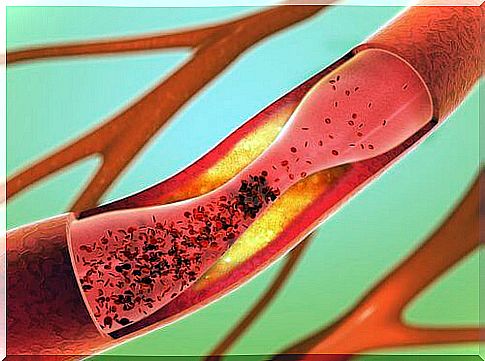
As we have already mentioned to you, ginger is known as an excellent source of vitamins and minerals.
Thanks to its antioxidant properties, it is an excellent ally for cardiovascular health. Prevents hardening and narrowing of arteries by promoting blood flow.
In the aesthetic field, ginger is used to eliminate dandruff, moisturize and prevent dry hair, as well as to prevent hair loss and promote growth.
4. Keeps cholesterol levels stable
Ginger water helps the body regulate serum bad cholesterol (LDL) levels.
As we’ve told you on other occasions, high levels of bad cholesterol can clog arteries and lead to cardiovascular problems.
5. It is an excellent anti-inflammatory
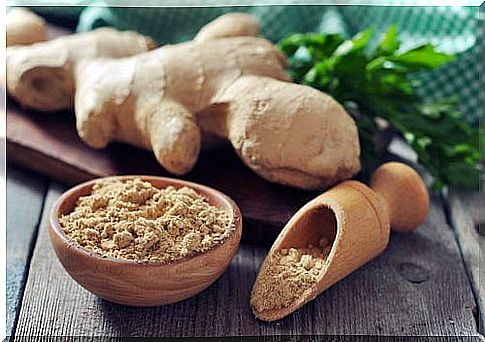
Thanks to its properties, ginger water can help reduce inflammation and eliminate pain that occurs in some parts of the body. Therefore, it is an excellent remedy for:
- Articolar pains
- Muscle aches
- Rheumatism
- Arthritis
